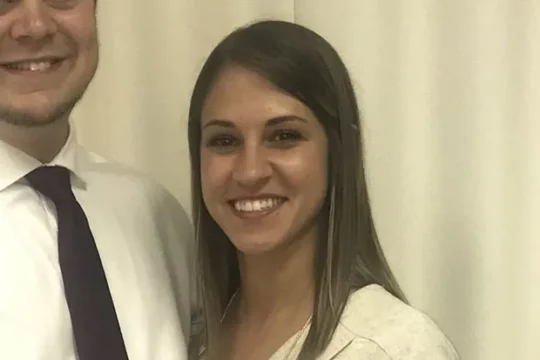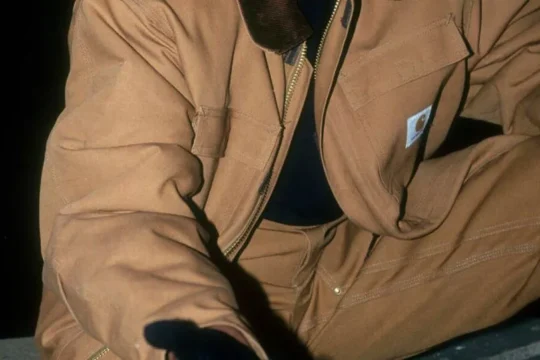
After boarding the Axiom Space 2 mission, Saudi astronauts Ali AlQarni and Rayyanah Barnawi started their research projects on the International Space Station (ISS). They will carry out 14 microgravity experiments during their eight-day stay. In three of these experiments, 12,000 Saudi students from 47 different locations in the Kingdom participate.
Students’ participation aims to prepare them for careers as astronauts and engineers by offering them high-quality education, training courses, and the chance to take part in future space missions. The Saudi crew will conduct experiments in space and on Earth, giving students the opportunity to interact with them in real-time.
In six experiments, Barnawi and AlQarni will look at how the human brain and nervous system respond to radiation, microgravity, and space travel. The goal of the study is to comprehend how space travel affects human health and how safe it is for the brain. They will monitor the electrical activity of the brain and measure blood flow there using cutting-edge neuroscience tools.
Four cell science experiments will also be carried out by the Saudi astronauts to learn more about how human immune cells react to inflammation in microgravity. They will pay close attention to modifications in mRNA decay, which can control inflammatory processes.
Read more: Surah Ar-Rahman Recitation During the Opening Ceremony of the Indian Parliament New Building






